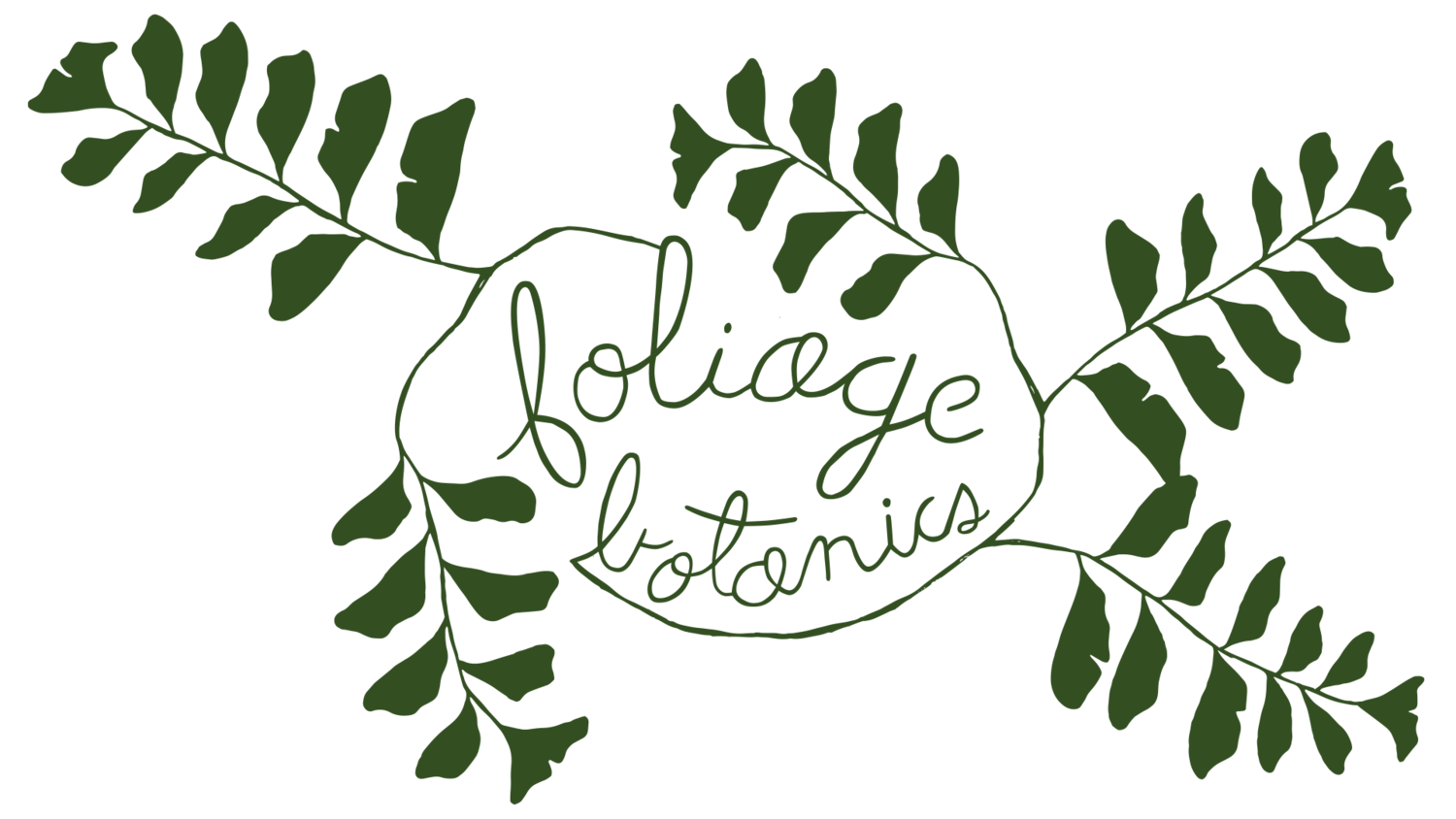Herbal Contraindications
Today I sent out a newsletter with a brief little synopsis on Motherwort in an effort to get folks excited about signing up for a class where I go more in depth into the medicinal uses of this plant. Someone very quickly replied with an expression of concern that I hadn’t mentioned some of its negative side effects, which I hadn’t and probably should have, despite the brief description, and this has gotten me thinking about “herbal contraindications” and how to integrate them better into the everyday language of herbalists and herb users.
Most herbalists do, I believe, consider contraindications. But we live in a world with SO MUCH quick and quippy herbal information going around on social media and newsletters, myself included in that. I sometimes share little generalized blurbs in those spaces on plants without always getting into the nitty gritty and complete details. I probably always should, it was a good reminder that people are looking to me for complete info, but I decided to write this little blog post as well to clarify and explain the importance of considering herbal contraindications and some places/resources to look them up.
A contraindication basically means an instance when someone shouldn’t take a medicine, when it isn’t indicated, in this case an herb. This can be because of the way that plant medicine interacts with a drug or supplement that person is taking or it could be that it aggravates and worsens a particular health issue or disease that person has. Whatever the case, most plant medicines have some contraindications, however common and however much they are generally assumed safe. Pregnancy is a great example of a very common contraindication; most herbalists suggest not using any herbs during pregnancy or at least during the first trimester and then making sure to only use proven safe ones throughout the rest of the term.
Talking directly with an herbalist well-versed in the more clinical side of things about which herbs to take and whether they are safe for you specifically is, truthfully, the ideal way to take plant medicine in a therapeutic format. There are folk herbalists and there is spirit medicine and energetic dosages and essences and many things like this where a deep medical insight doesn’t always come into play, especially in information sharing, and for this reason I would also suggest knowing some places to look up information yourself! Again, especially if you are taking pharmaceuticals or have a particular health condition. Herbalists will often share generalized information when selling herbs or writing a social media post. And plenty of burgeoning herbalists share information as they learn, and may not be the source of all. I know I can’t claim to know everything! It is not ideal, of course, but it is the case. However, for the most part, people in good health who take no drugs and are not pregnant are pretty fine operating with the generalized information on herbs.
So! These are a few favourite books for looking up herb-drug-supplement interactions:
Herbal Contraindications and Drug Interactions by Francis J. Brinker
A-Z Guide to Herb-Drug-Vitamin Interactions by Alan Gaby, and co.
Herb, Nutrient and Drug Interactions by Mitchell Bebel Stargrove
I also really like the Medscape website where you simply enter the drug name or herbal supplement and then hit search: https://reference.medscape.com/drug-interactionchecker
You have to have an account, but it is free. Medscape will list drugs that your plant medicine interacts with as well as other herbs, health issues, whether it’s safe in pregnancy, any other warnings, and will list scientifically researched uses that it has been proven to have. It’s a great resource!
Most herbalists and in-depth materia medicas or blog posts should list contraindications. People will have different opinions and cited sources, there is a lot of scientific research that will warn against plants people have used safely and traditionally for many many centuries. So then really it’s up to you as the taker of the herb to get the info, maybe discuss with a trained herbalist and decide what you feel safe doing.
For instance, Motherwort, the herb that spurred this blog post, has “hormone balancing” actions, specifically called for with estrogen imbalances and the generative system, helping regulate the rhythms of the menstrual cycle and alleviate symptoms of menopause caused by fluctuations in estrogen. Some may refer to it as “pro-estrogenic.” In the case of the person who reached out to me, they said they are a breast cancer survivor. Breast cancer and other estrogen-dependent cancers can be aggravated or brought back by estrogen in Hormone Replacement Therapy and it may be that phytoestrogenic and estrogen-balancing plant medicines will also do this. I believe this is controversial! Some people will say this, others won’t. Medscape doesn’t. But knowing all this information, making sure you or your potential client feels safe with the choice of whether or not to take a certain medicine—that’s the most important thing. Most bottles of Motherwort tincture will not list any such information and most instagram posts will not get into the dirty details of scientific research, unfortunately. I can do better with sharing what I know however, but, hopefully now you know a few places for where to find it too!
